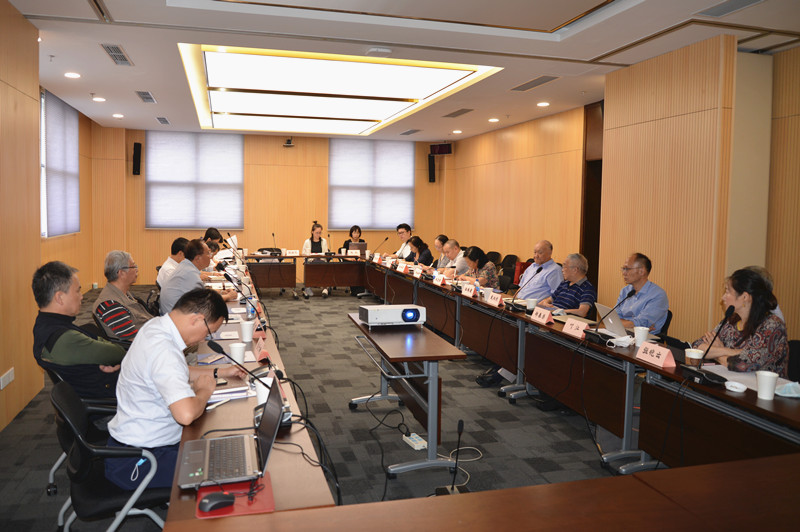Shanghai Institute for European Studies held a seminar on “China-Europe-Russia Relations during the Period of Historic Convergence
On September 16, the Shanghai Institute for European Studies held a seminar on “China-Europe-Russia Relations during the Period of Historic Convergence,” focusing on how China-Europe-Russia relations should be further developed and how the three parties should join hands better in taking future challenges. The interaction of ideas and views between scholars from different fields turned out to be inspiring and enlightening.

Zhang Ji, Dean of the Department of Diplomacy of the School of International Relations and Public Affairs of Fudan University, said that the United States is an important factor when Europe is considering its foreign relations. “Trump adopted a realistic attitude towards Europe, putting pressure on Europe regarding tariffs, military spending, climate change and so on.” He believed that Britain, after Brexit, would further depend on the United States, but other European countries would keep a certain distance from British policy as regards the United States.
“At present, the need for cooperation between Europe and Russia, between Germany and Russia in particular, has increased,” said Zheng Chunrong, Director of the German Studies Center of Tongji University, who gave a comprehensive review and summary of the relations between Russia and Europe from the German perspective. Although the United States threatened to impose extraterritorial sanctions, Merkel still insisted on Germany’s cooperation with Russia in the “Nord Steam-2” project. “Germany and Russia are going into a symbiotic relationship while Russia is still re-considering how to redefine its relationship with Europe”.
Yu Jianhua, Deputy Director of the Institute of International Affairs of the Shanghai Academy of Social Sciences, said that “the European debt crisis, the financial crisis, the Brexit crisis, and the refugee crisis have made it increasingly impossible for the EU to have a unified voice in Middle East issues.” Russia, on the other hand, is striving to exert influence in the Middle East in a skillful manner.
In addition, the COVID-19 pandemic, with its negative effects on European countries to different extents, has also greatly restricted the development of the EU’s foreign relations. However, Ding Chun, Director of the Center for European Studies at Fudan University, believed that in terms of anti-pandemic effectiveness, European countries have been comparatively performing well through their fiscal and monetary means, data protection, interconnection between the EU members, and the “recovery funds” etc.
Merkel once said that “we Europeans truly have to take our fate in our own hands.” Therefore, when Europe is looking to the world outside, it will also seek to explore for more possibilities. Qiang Xiaoyun, Director of the Center for Russian and Central Asian Studies of the Shanghai Institute of International Studies, said at the meeting, “In China-EU-Russia relations, we should find as many economic commonalities as possible.” Fan Jun, Chairman of Shanghai Institute of Russian, Eastern European and Central Asian Studies, further pointed out that China would never accept a new Cold War, would never accept established ideological demarcation. China is now facing an unprecedented challenge throughout the world or a period of major change that’s rarely seen in a century.

